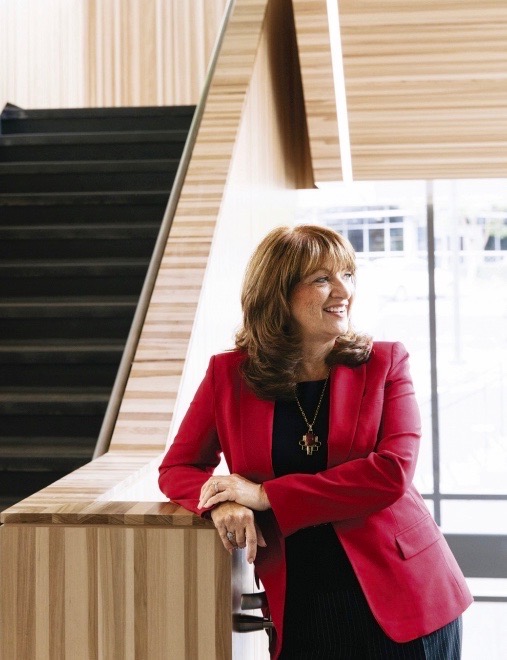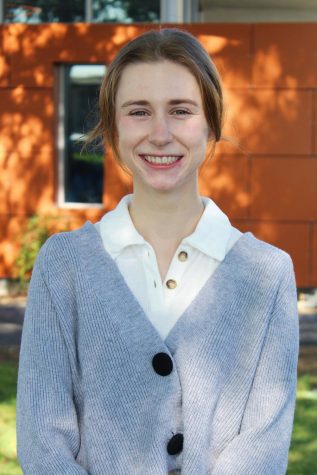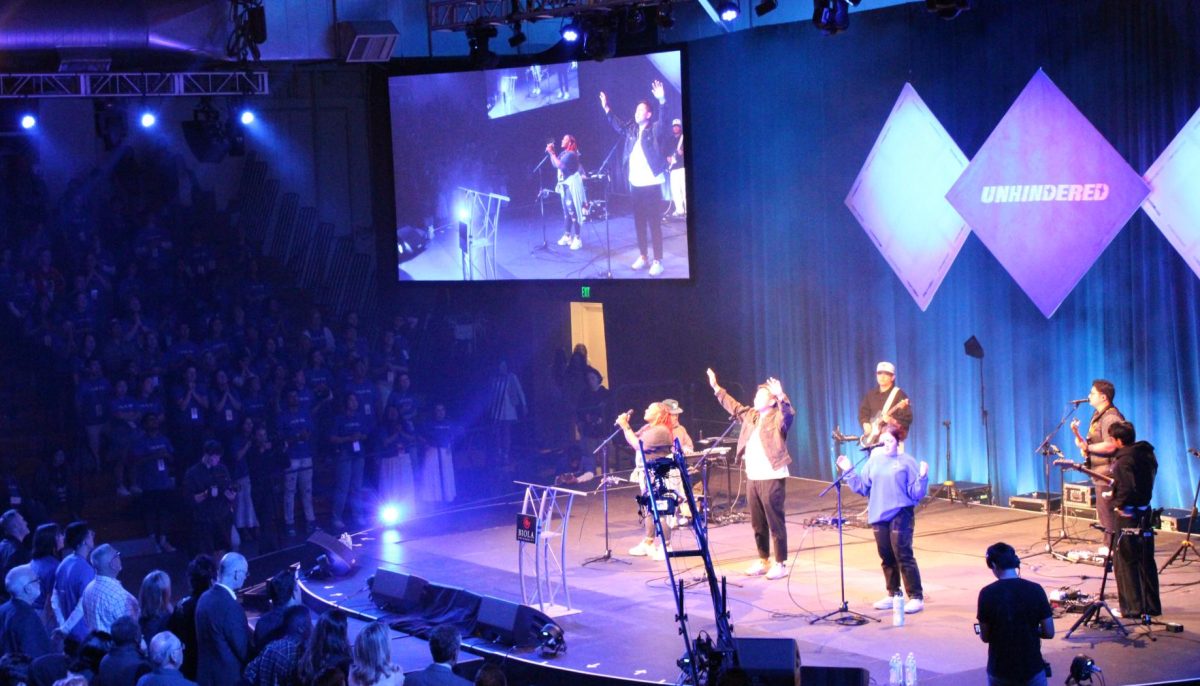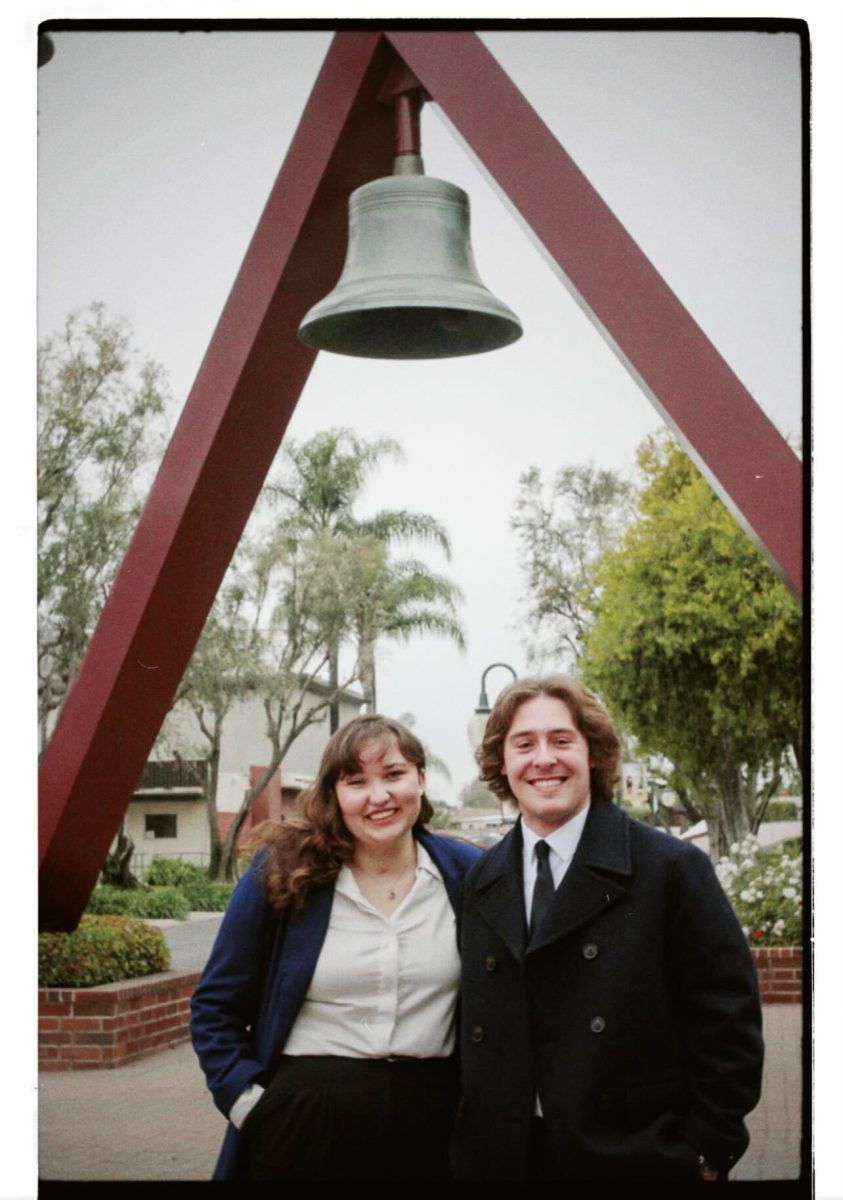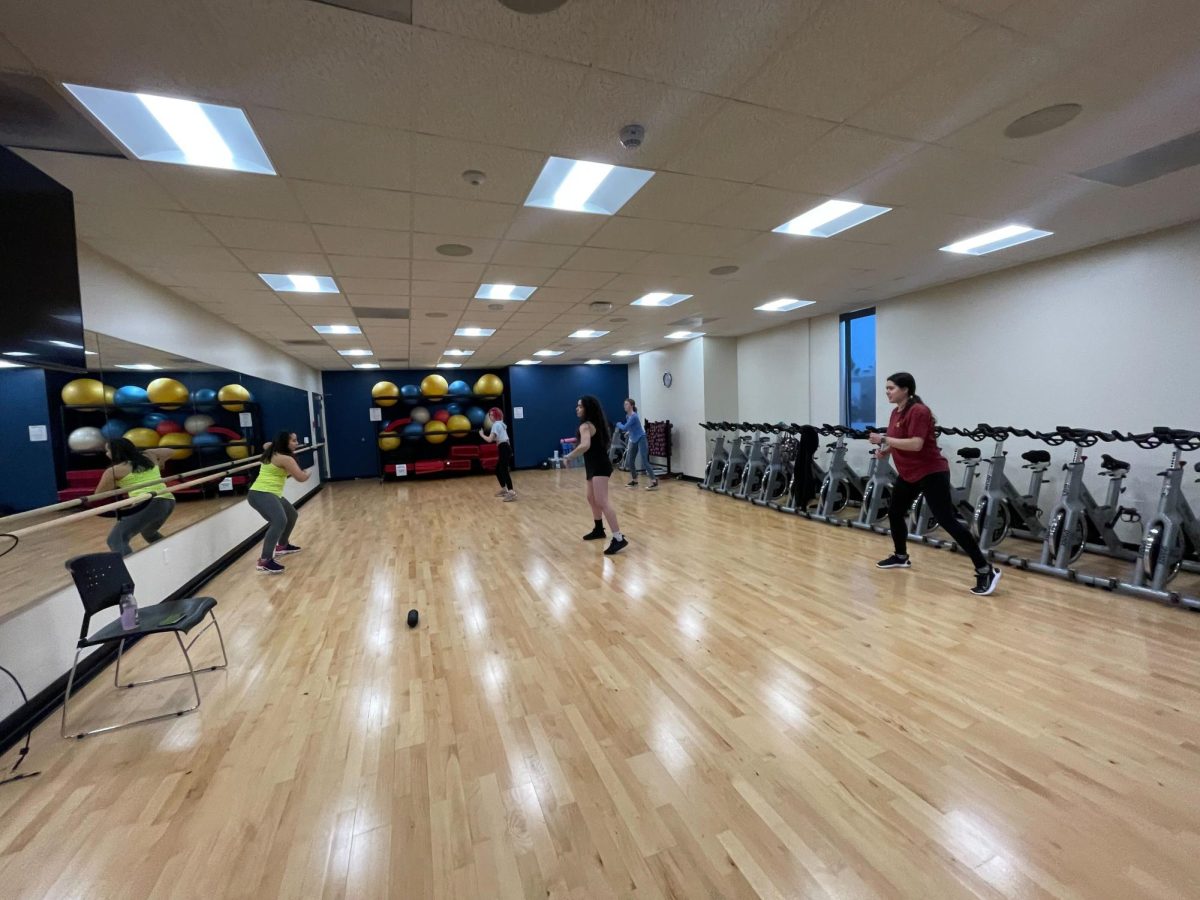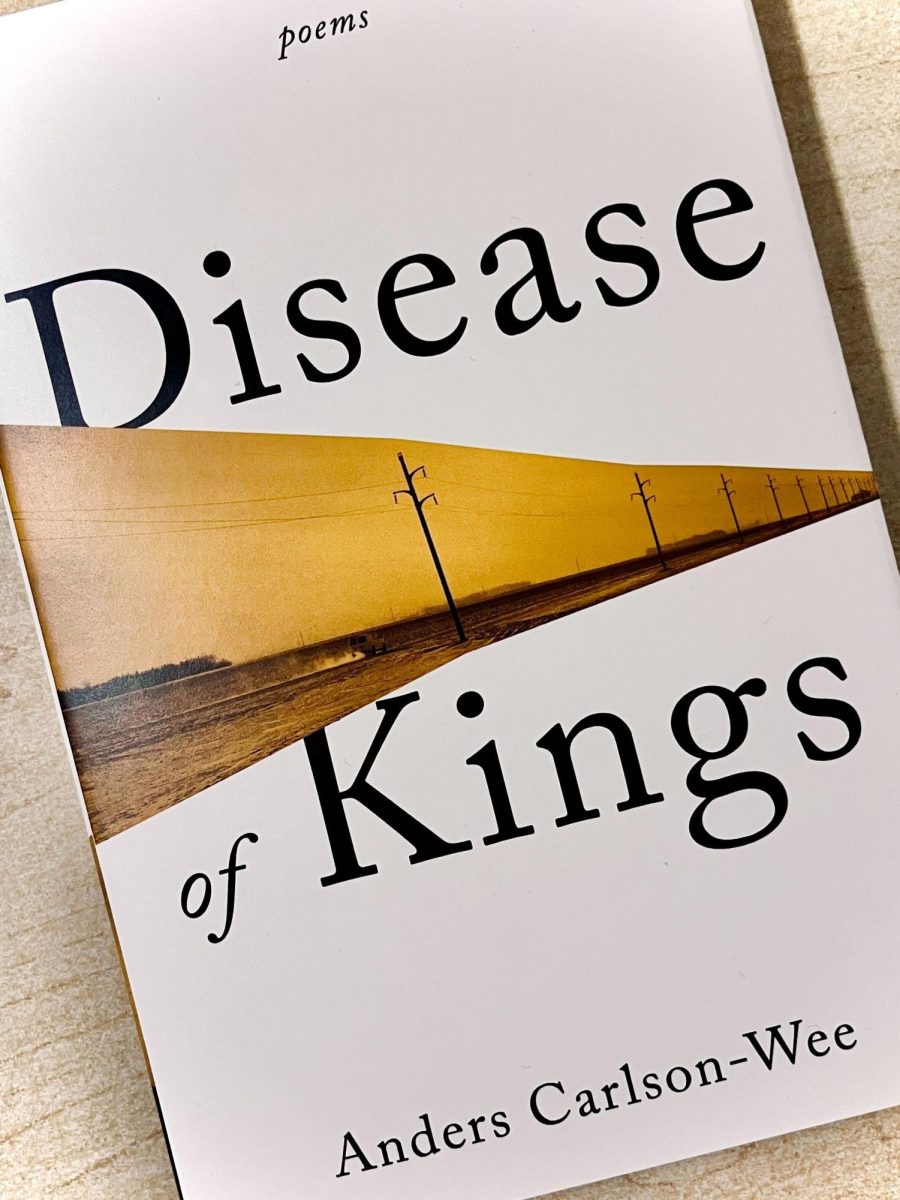Being the smallest voice in the room is daunting. Fighting to be heard when you are standing alone in front of a crowd can shut anyone down. These feelings of intimidation are all too familiar to Biola’s Provost and Senior Vice President Deborah Taylor.
After years of being one of the few female leaders to have served in the president’s cabinet, Taylor has broken through these walls by building a foundation of trust with her predominantly male colleagues, allowing her to firmly establish her presence wherever she goes.
EDUCATION, EDUCATED, EDUCATOR
Taylor was born in Merced, Calif. before her father’s career in the Air Force moved them to Southern California. She reminisced on the days her mother would hand sew her clothes. Simple luxuries such as going out to dinner was not a possibility on their income, she explained.
“It was a very loving family, very stable and secure from that standpoint, but I didn’t realize [until] I got older that I was in a family where there was not a lot of emphasis on college or careers and finances were very limited compared to a lot of my friends,” Taylor said.
In high school, Taylor said her guidance counselor would often encourage her to pursue higher education, and with the help of a scholarship, she would be able to go almost anywhere she wanted. While her guidance counselor pushed for colleges such as University of California, Los Angeles and University of California, Berkeley, Taylor was set on attending a Christian university to explore her relationship with God that she formed in high school. As long as she continued living at home, her parents were extremely supportive of her attending college.
Biola was only an hour away from where she lived and a church van commuted her to and from the university every day. She began to study Bible primarily and planned to become a teacher, a career she dreamed of since kindergarten. In her third year attending Biola, she met her husband.
“He was a Talbot student about seven years older than me. I thought he was disciplining me but it turned out he was actually trying to date me,” Taylor said.
After urging from her mother and the pastor of their church, Taylor accepted her husband’s proposal and dropped out of Biola her junior year. She was a pastor’s wife and had three little boys within four years. Once her children went into junior high school, Taylor started to regret leaving Biola and decided she would refocus on her own education. Around this time, Biola opened a degree completion program, the BOLD program, which allowed her to earn a degree in organizational leadership.
Taylor worked at a private Christian school for 13 years in various roles and eventually became the principal. After this promotion, she pursued her Master’s degree at Biola where one of her professors urged her to consider teaching at the college level.
“I told her that I really haven’t thought about it because I love the job where I’m at,” Taylor said. “She said, ‘would you at least pray about it?’ Because I kind of feel like it might be something God wants to do, so I started praying about it.”
Eventually, the situation at her school changed and as Taylor continued pursuing her PhD, she was hired as a student advisor at Biola. Halfway through her PhD program, she was transitioned to a faculty position teaching children’s literature.
A RELUCTANT JOURNEY
As a faculty member, Taylor helped the School of Education transition to a system based on student learning outcomes. After an accreditation meeting, she received an offer to leave the School of Education to work in the Provost office.
“No, I don’t want to do more accreditation stuff,” Taylor said. “But again, he said ‘well, would you at least pray about it?’ And so I started praying about it and it just became clear that the Lord was asking me to step into a different leadership role.”
In her associate Provost position, she worked on shaping student assessment and learning outcomes for about five years. One afternoon, President Barry Corey texted her to set up a meeting to receive her advice. Puzzled, Taylor wondered how President Corey had her number and why he would need her advice. When they met, Corey informed her that the current Provost was resigning and he would like her to step into that position as the interim Provost.
“Again, the famous line of my life, ‘would you at least pray about it?’ I went into prayer that week and spent some time in prayer and again just felt like the Lord was saying, I’m inviting you into a new leadership opportunity and you can say no but this is something that I think would be a great opportunity,” Taylor said.
In a follow-up meeting, Corey explained that having a woman in that leadership role would be inspiring and bring a new perspective to the university. The experience with women in cabinet roles had been very limited and it was time for a change. Taylor accepted a temporary role as the Provost but after the first six or seven months, Corey offered her the permanent position.
WOMAN’S PERSPECTIVE
Before becoming Provost, Taylor was surrounded by other women working in education. The private school she started out in had mostly female teachers and administrators, and the School of Education was predominantly female as well. Stepping into an administrative role at the university changed this pattern.
“I’m in meetings where I am the only woman or where I have to speak on a committee of board members where I’m the only woman,” Taylor said. “I started noticing how often I was the only woman in the room and how often that we were definitely the smaller voice.”
Taylor explained that her male colleagues were very encouraging and she was able to establish their trust within the first few years of her leadership. She strategically did so by gently redirecting ideas to consider female faculty and people of color by asking insightful questions. Once she hired a leadership coach, her approach changed. Her coach explained that while asking questions is a great way to establish her voice, she should begin telling them the direction that they should start to move in.
“I had a tendency to say ‘well, let me hear what all my colleagues say and then I’ll see what else I can add to the conversation.’ But she said in order to lead effectively, especially when you’re one woman or one of two or three women in a conversation, try to be the second or third person to speak,” Taylor said.
Taylor is much more comfortable in her leadership role and relates her journey to Moses’. He was a reluctant leader, she explained, and he did not always have the confidence that most leaders appear to have. While she was reluctant to step into leadership, God presented Taylor with opportunities that allowed her to become more than she had ever considered.
“God can open doors that you would never have planned on for yourself. I would never have planned the life that I’ve had but it’s been the goodness and faithfulness of God and it’s not just me he would do that for anyone,” Taylor said.
The future of Biola, Taylor hopes, will be a place where students can deal with complex issues and be mentored by the instructors and the Holy Spirit. She explained that unique perspectives are necessary in order for the university to fully equip all students with the tools they will need once they graduate.
“I would love to see more women in leadership roles. I think that women bring something to leadership that is nuanced and different and it complements what men bring to leadership,” Taylor said. “I would also love to see more of our people of color rising to leadership roles at Biola.”



